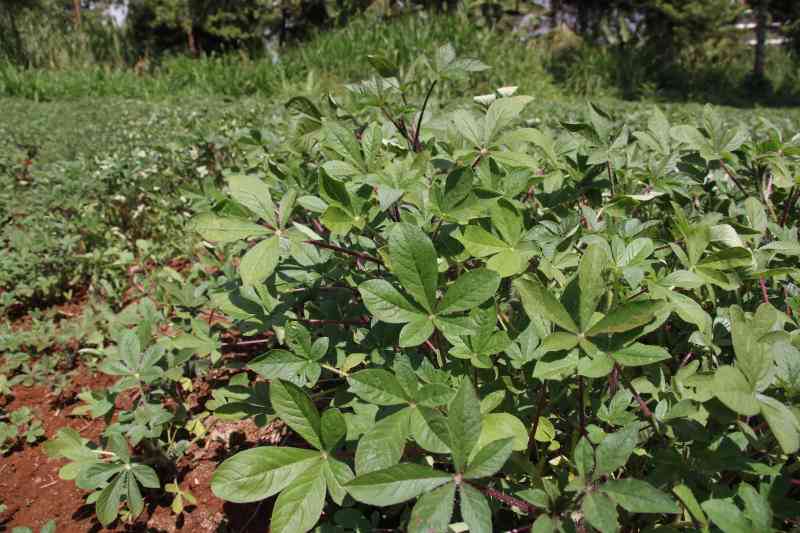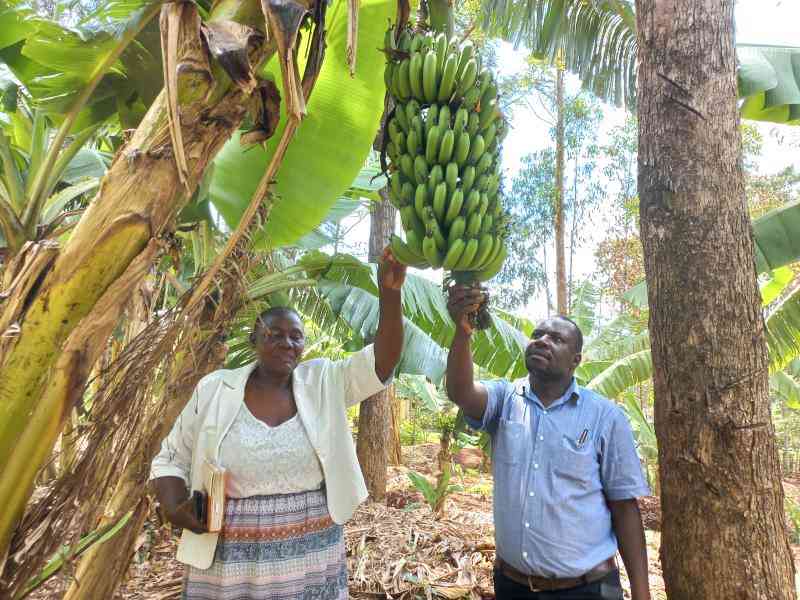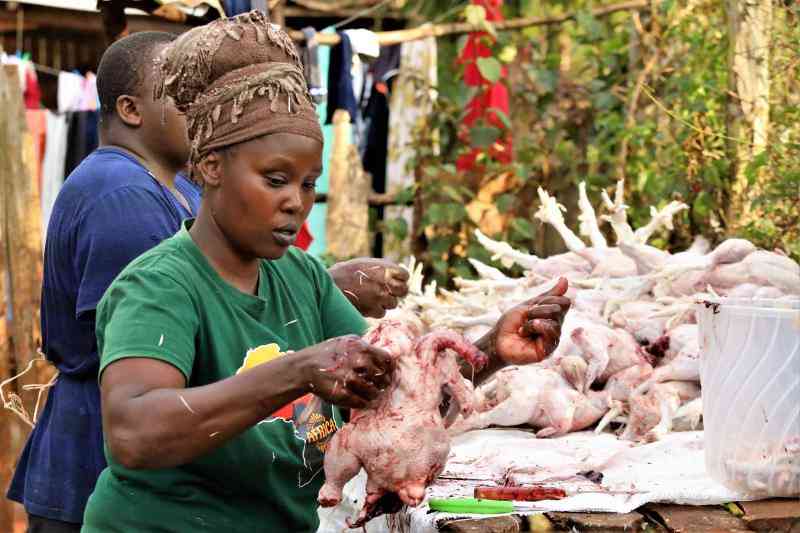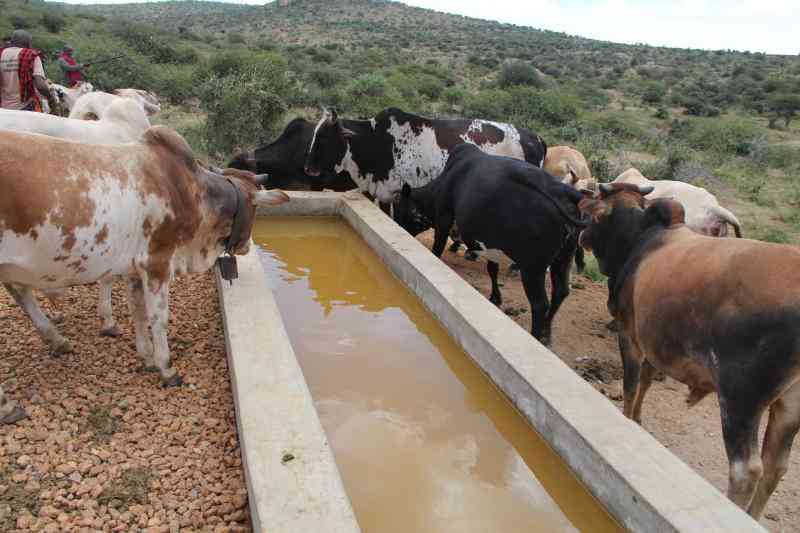Dear daktari
I am a farmer in Kitale and an ardent reader of your informative articles on livestock health. Now like the rest of the world, this corona virus thing has got to me. Should we as farmers be worried? Mr Wamukoya, Kitale
Thanks Mr Wamukoya for reading the Smart Harvest.
First, there is no need to panic. We should counter the fear by changing our behaviour as per the Ministry of Health guidelines. Coronavirus in humans (COVID-19 as it has come to be known) was first reported in Wuhan city of China in late 2019. The foci of the disease was a sea food and poultry market where all sorts of animals were being sold. It has over time spread to the rest of the world and has been declared a pandemic by the World Health Organisation (WHO). Wuhan city has since been closed to control the spread of the disease which has so far claimed more than 7,000 lives and infected about 200,000 people.
Did COVID-19 it originate from animals?
Corona viruses are a large group of viruses that have a spiked crown like appearance which gives them the name – corona. This group of viruses cause diseases of digestive and respiratory systems in a number of livestock species. Wild animals among them bats, civets and pangolins (scaly ant eater) are thought to be natural reservoirs of corona viruses.
The current COVID-19 is believed to have jumped from animals into human beings. Earlier corona virus infections have also been documented to have originated from animals. WHO documented that the Middle East Respiratory Syndrome (MERS) originated from the dromedary camels; it evolved into a form that was infective to man.
Its cousin the Severe Acute Respiratory Syndrome (SARS) which was first reported in China in 2002 was found to have originated from wild civets. This points to a rather dangerous ability of the corona viruses to jump from the wild animals into man. In the wake of the current pandemic veterinary doctors in Hong Kong have isolated COVID-19 from a dog. In summary there is a lot happening and scientists, medical and veterinary doctors are working round the clock to end this devastating corona pandemic.
Why farmers should not be alarmed
Yes, livestock do suffer a number of diseases caused by corona viruses. Fortunately, most of these diseases though contagious (easily spread across a herd) are mild and will only cause mortalities in young or immune suppressed livestock. I will briefly highlight some of them below:-
In cattle
Scours
Scours caused by corona viruses occur in calves (less than three weeks old) is clinically presented with diarrhoea. It is predisposed by lack of adequate colostrum intake by the calve denying the body the much needed antibodies at the time. It is especially common in wet and cold conditions in which the virus is very stable in. The condition has no medical cure but rehydration and supportive treatment can help.
In Pigs
Corona viruses in pigs affect the respiratory and digestive systems. Epizootic viral diarrhoea causes diarrhoea and can infect all pigs in a herd. The disease is mild and disappears on its own after around two weeks and leaves the herd with an immunity. It is common in piglets and sows.
In poultry
Infectious Bronchitis Virus (IBV) is a corona disease in poultry that is of economic importance as it causes a reduction in egg production and is very infectious. The eggs may be deformed or may not have shells. The virus is shed by infected chicken through respiratory discharges and feces and can be spread through contaminated feeds, equipment and clothing.
All the above corona viruses diseases are not transmissible to man. As a safety measure during this time of COVID-19 pandemic it is advisable for farmers to observe hygiene, keep social distance and avoid unnecessary visitors onto the farm in addition to all other directives given by the government.
Want to get latest farming tips and videos?
Join Us
 The Standard Group Plc is a multi-media organization
with investments in media platforms spanning newspaper print operations,
television, radio broadcasting, digital and online services. The Standard Group
is recognized as a leading multi-media house in Kenya with a key influence in
matters of national and international interest.
The Standard Group Plc is a multi-media organization
with investments in media platforms spanning newspaper print operations,
television, radio broadcasting, digital and online services. The Standard Group
is recognized as a leading multi-media house in Kenya with a key influence in
matters of national and international interest.
 The Standard Group Plc is a multi-media organization
with investments in media platforms spanning newspaper print operations,
television, radio broadcasting, digital and online services. The Standard Group
is recognized as a leading multi-media house in Kenya with a key influence in
matters of national and international interest.
The Standard Group Plc is a multi-media organization
with investments in media platforms spanning newspaper print operations,
television, radio broadcasting, digital and online services. The Standard Group
is recognized as a leading multi-media house in Kenya with a key influence in
matters of national and international interest.






